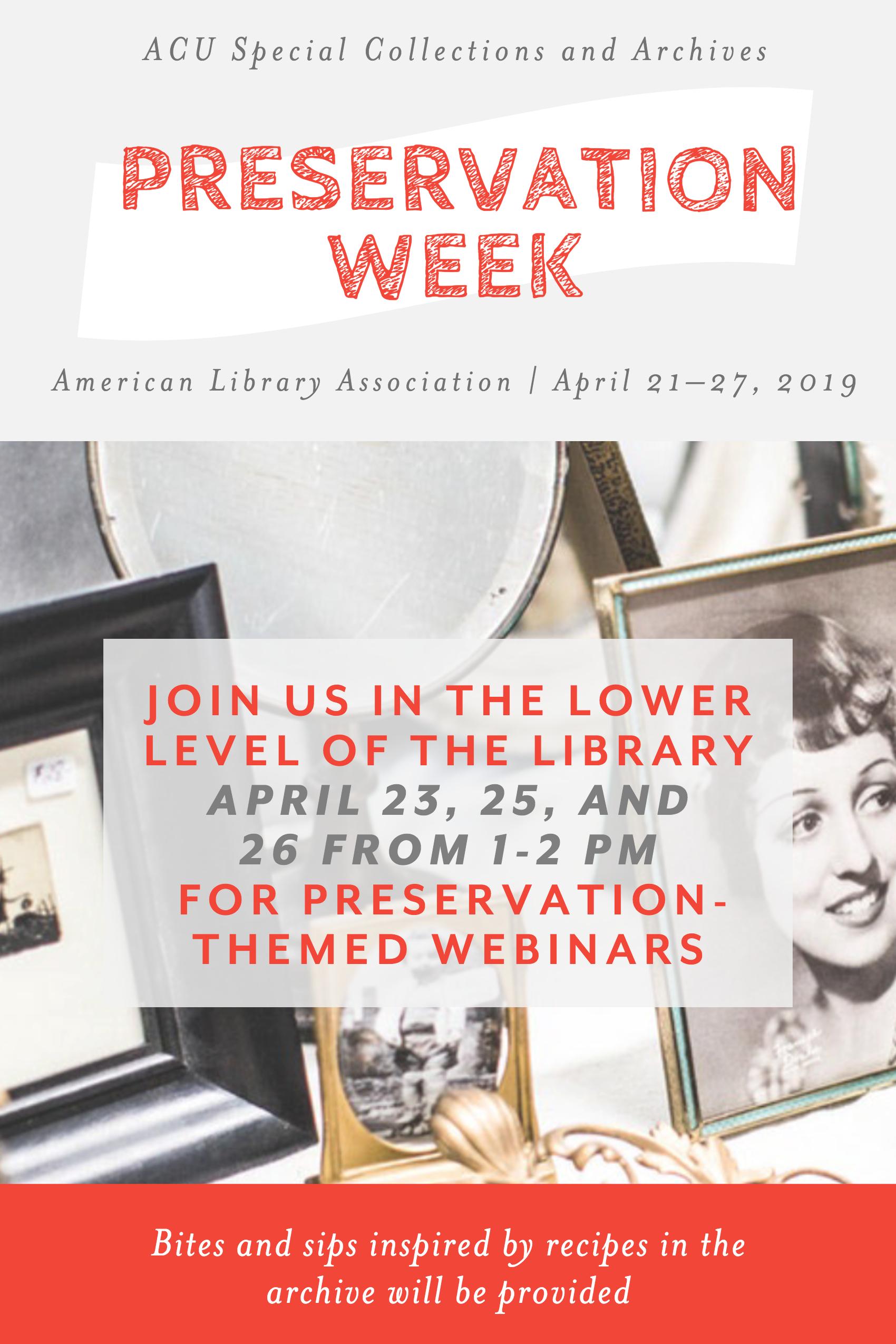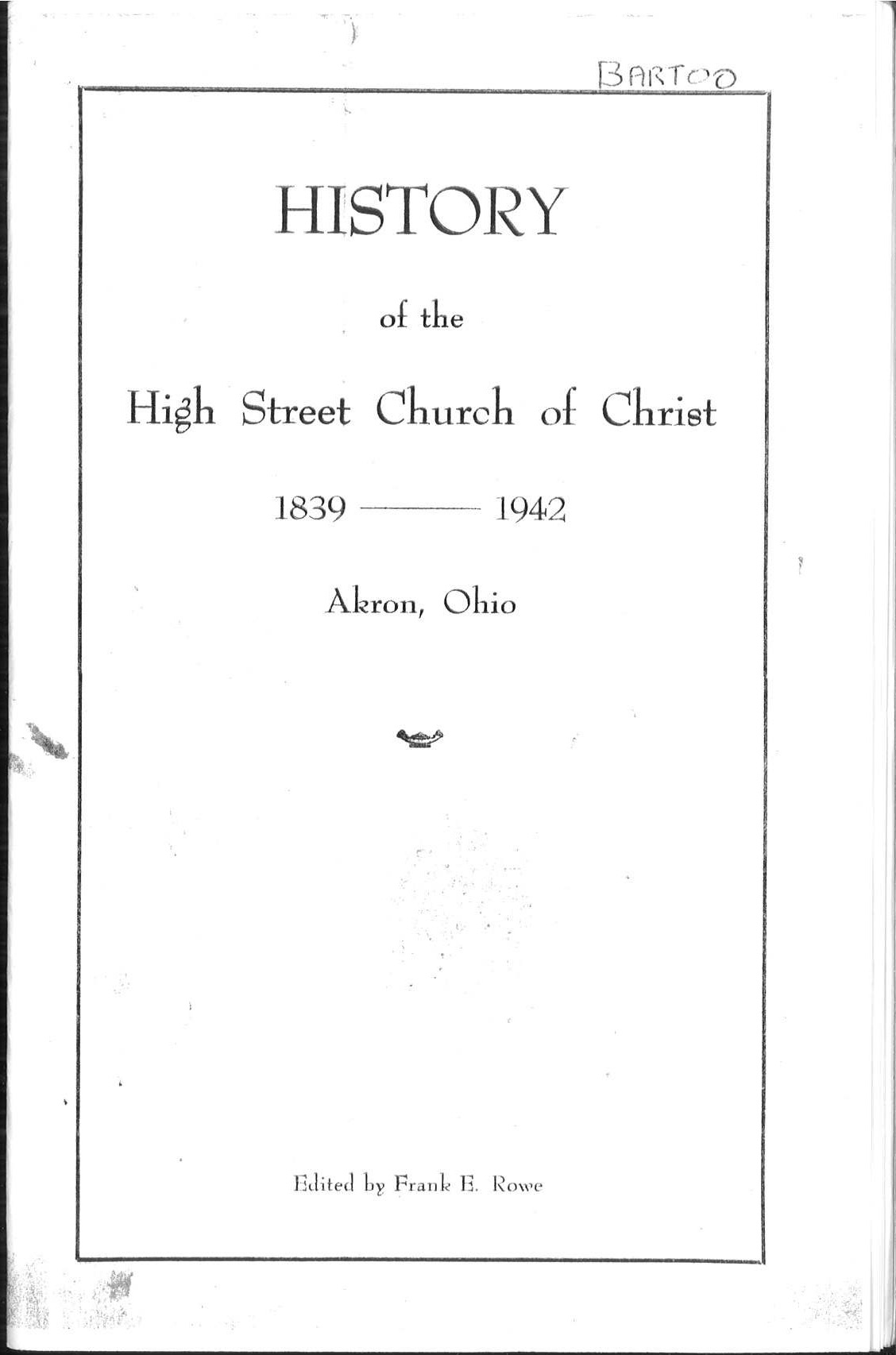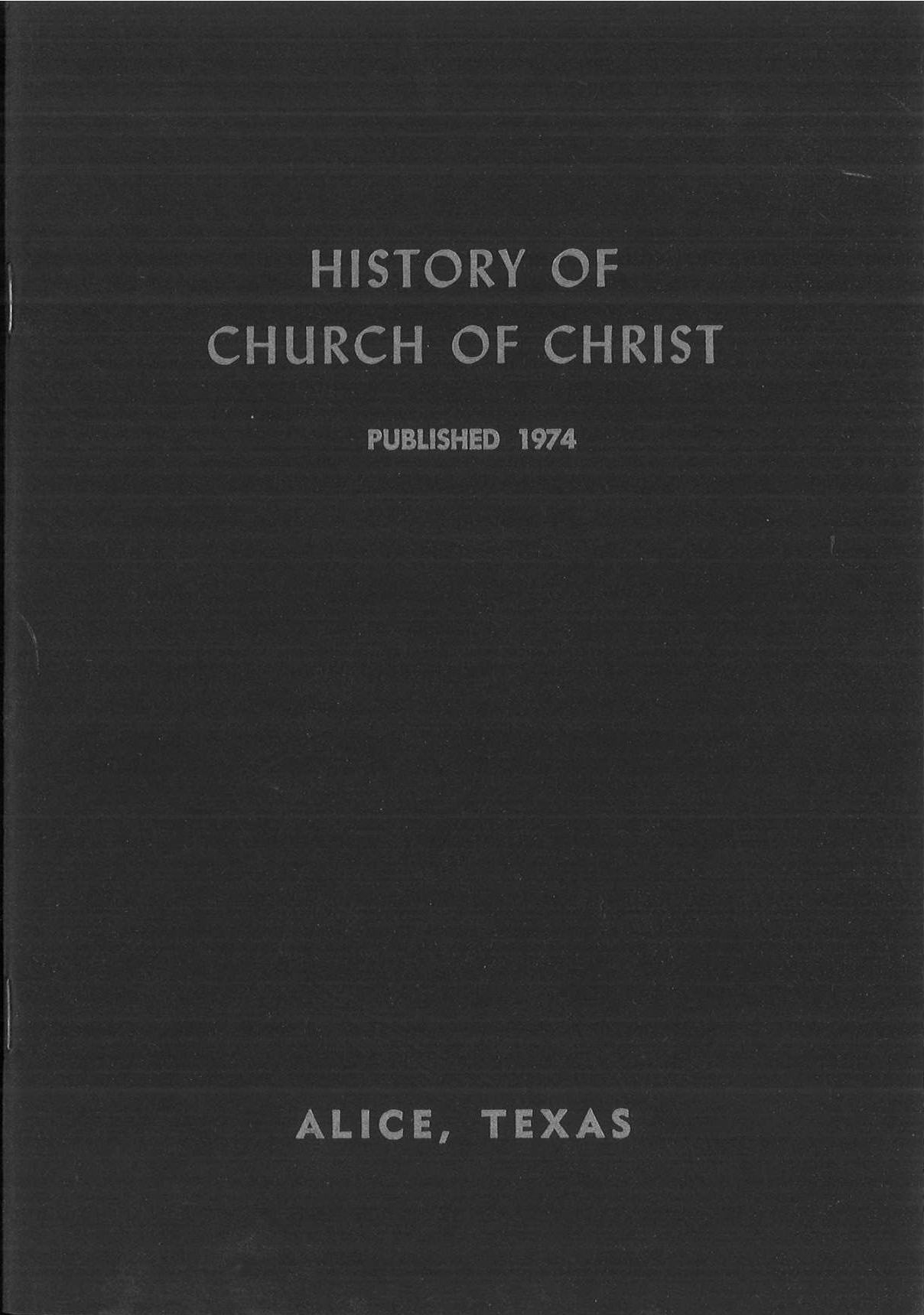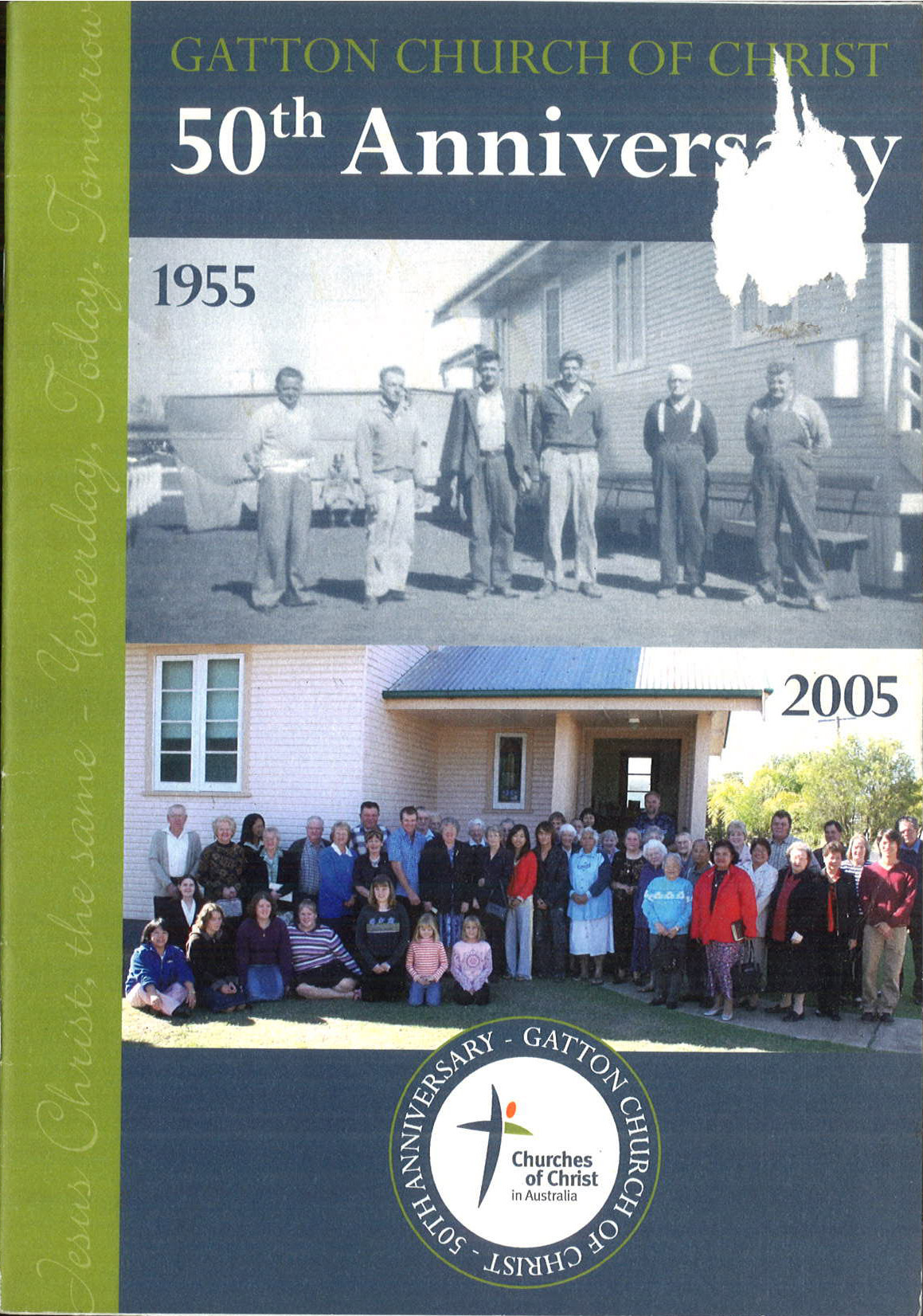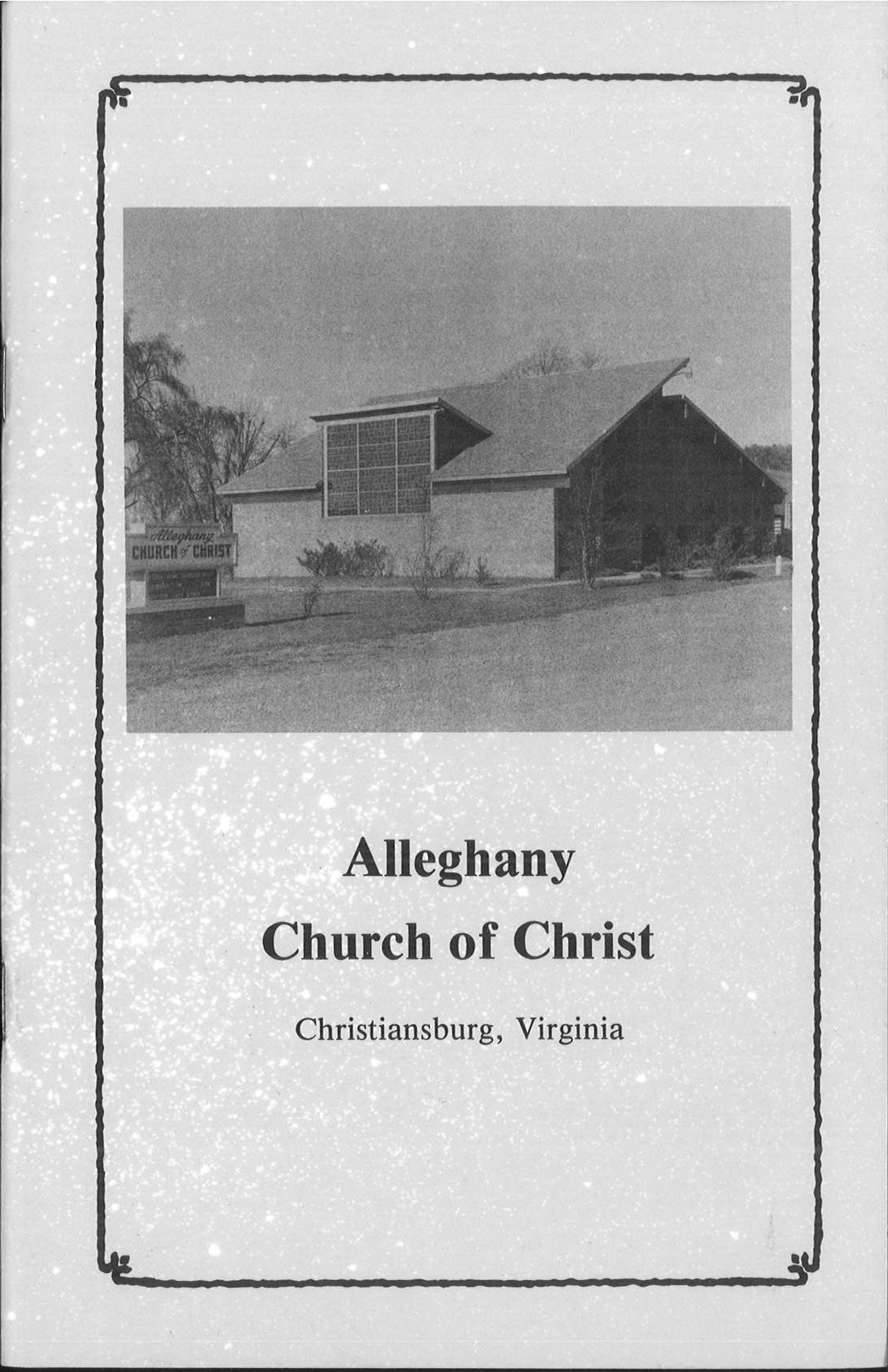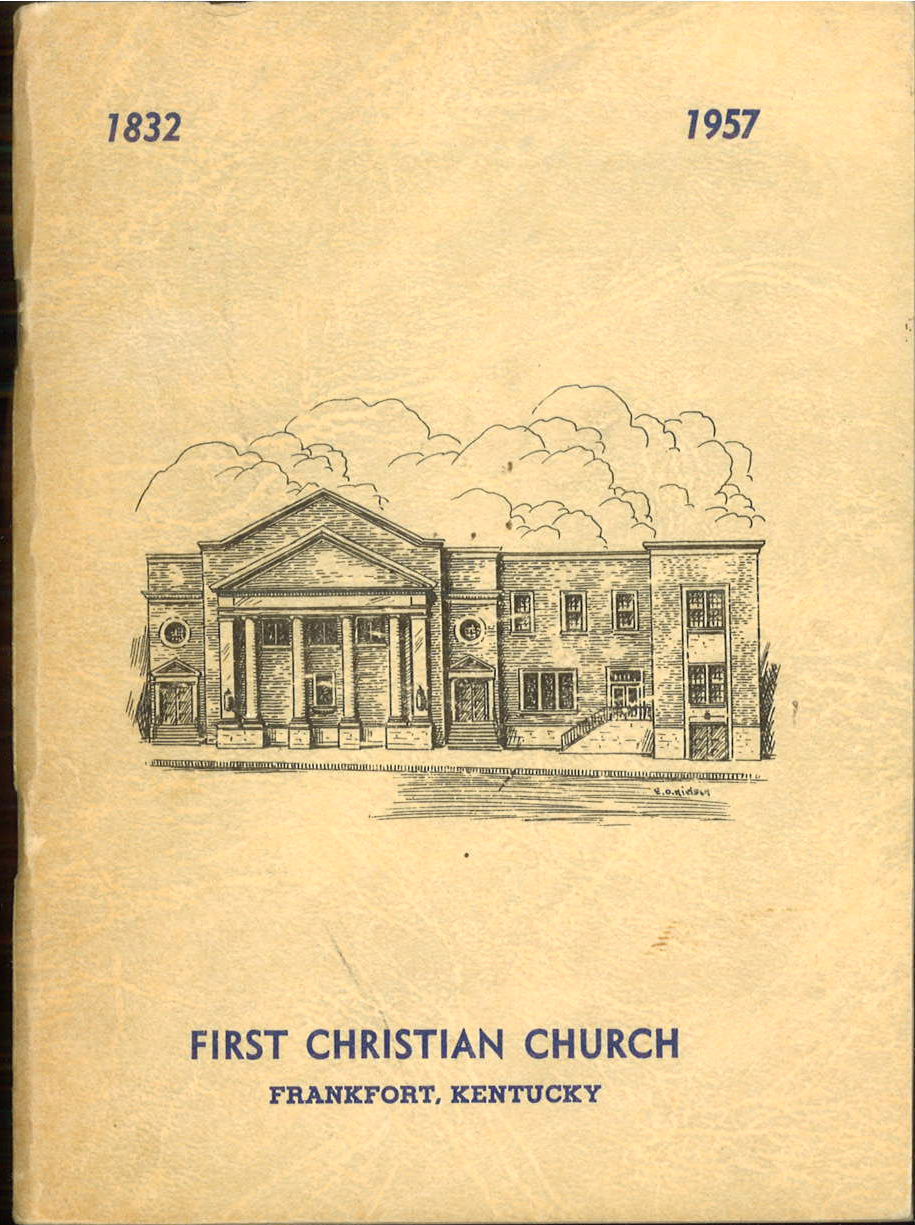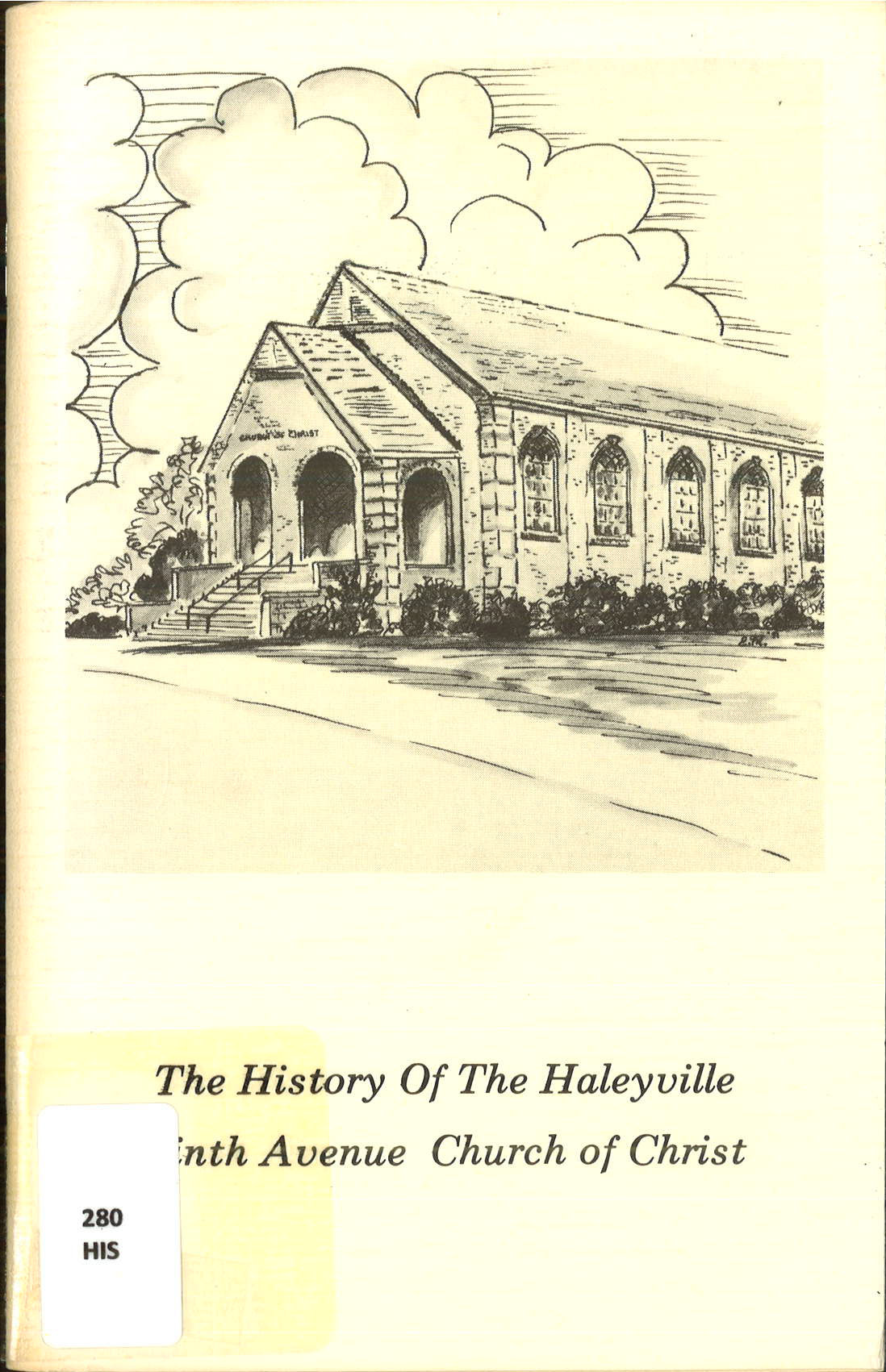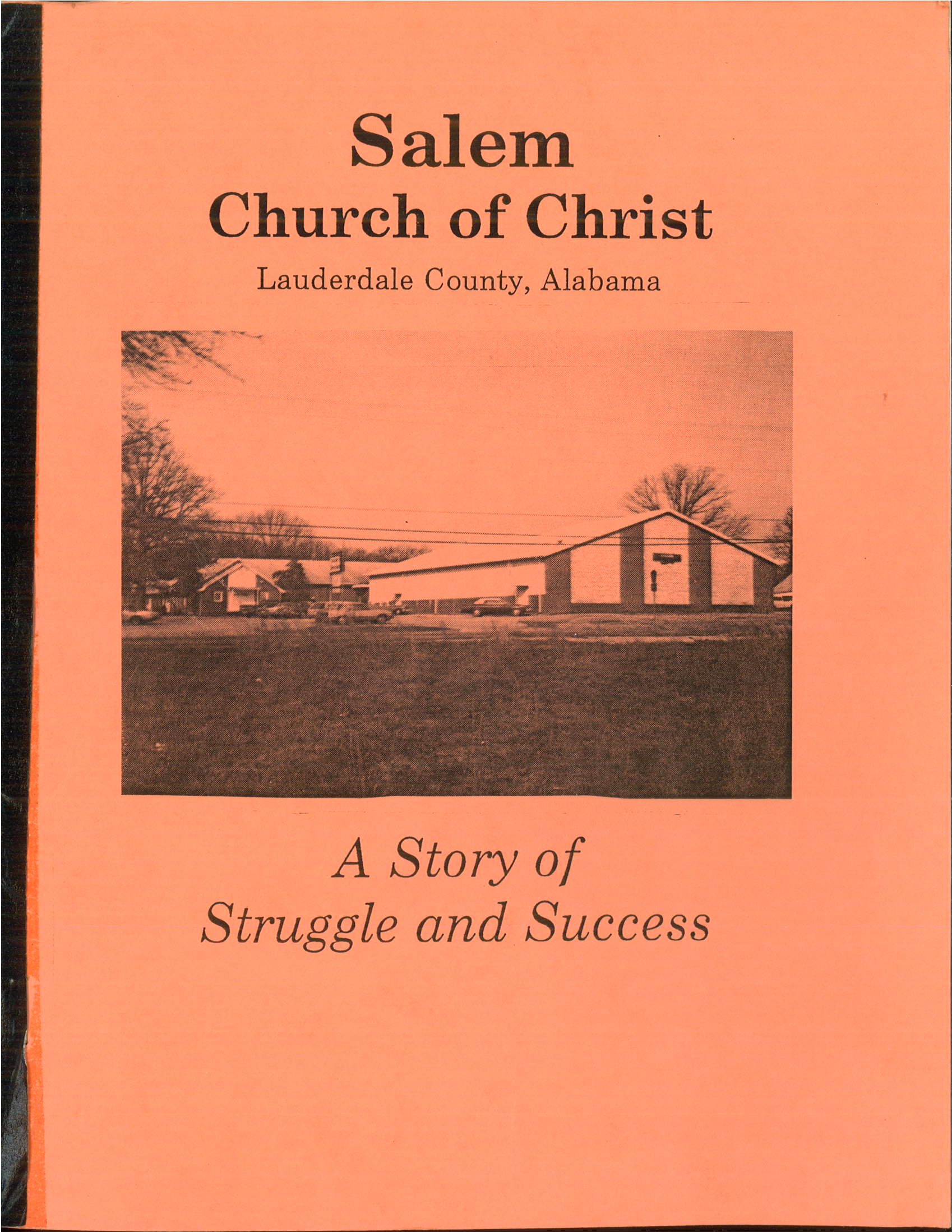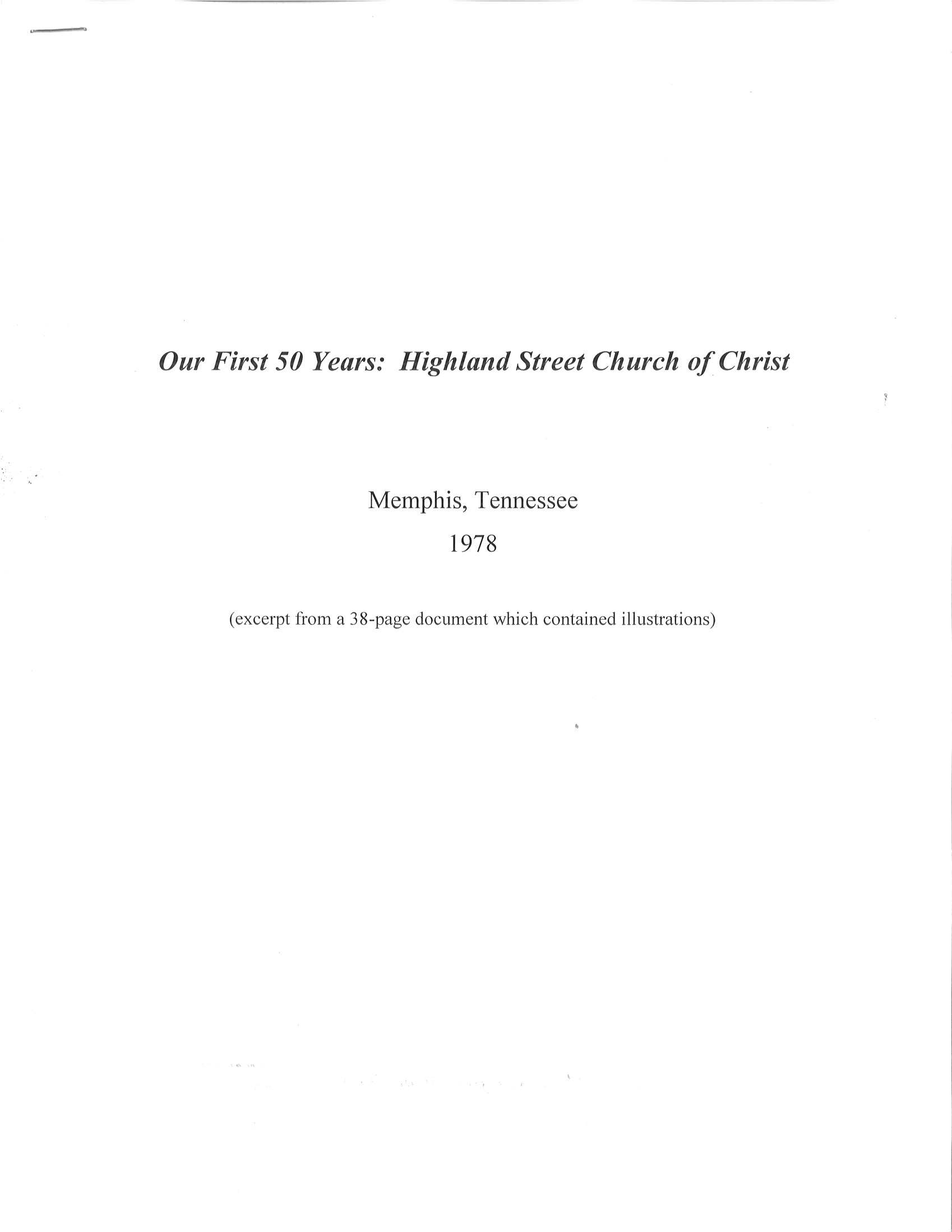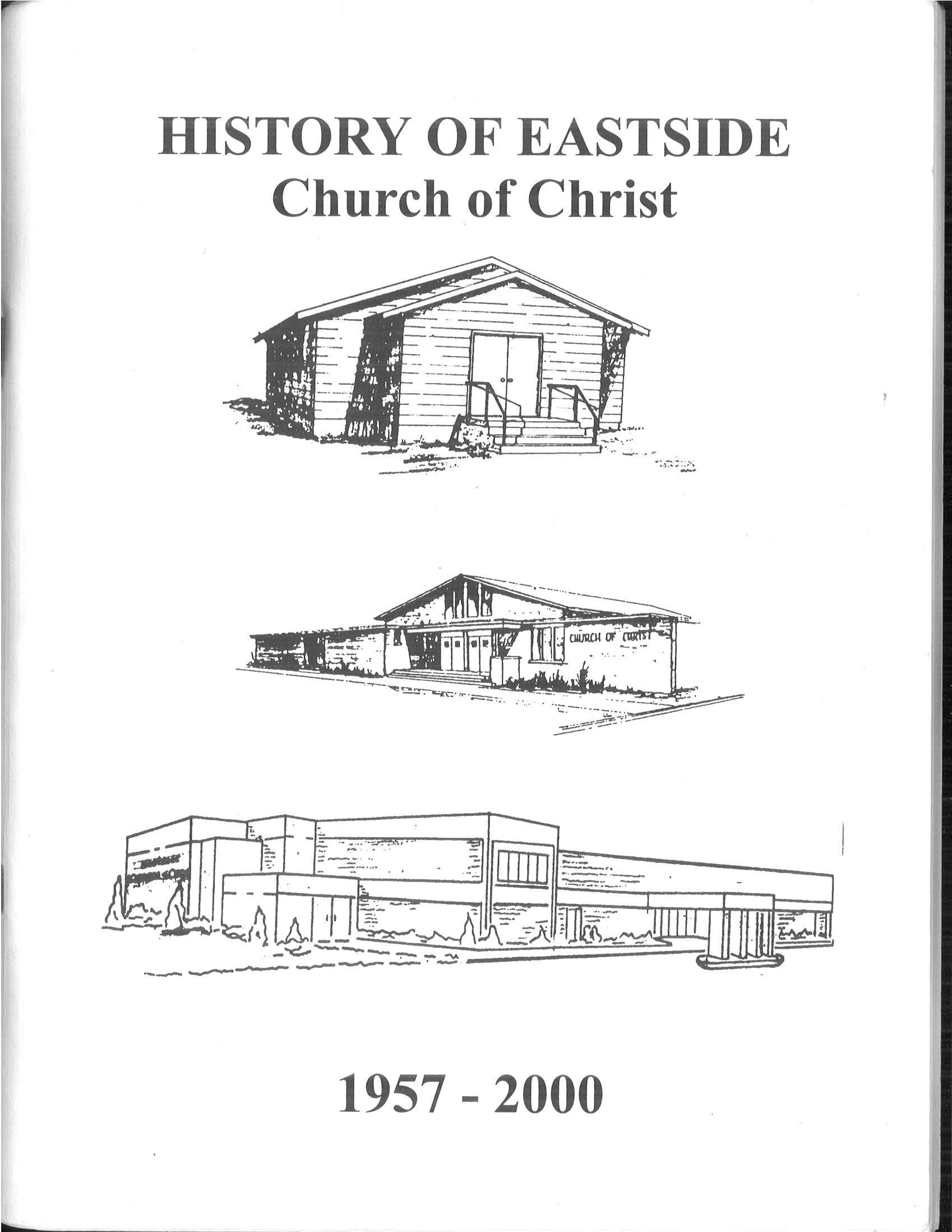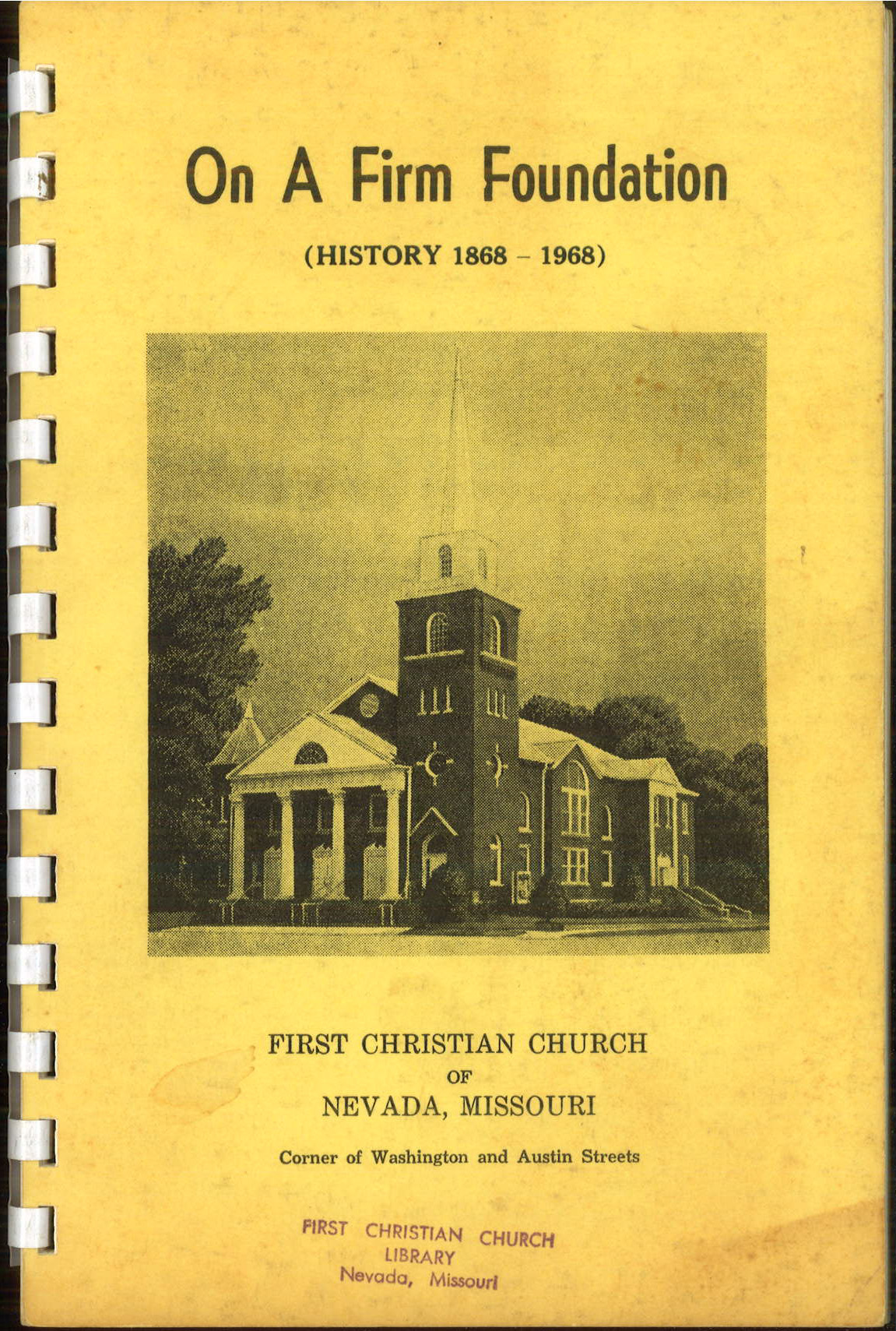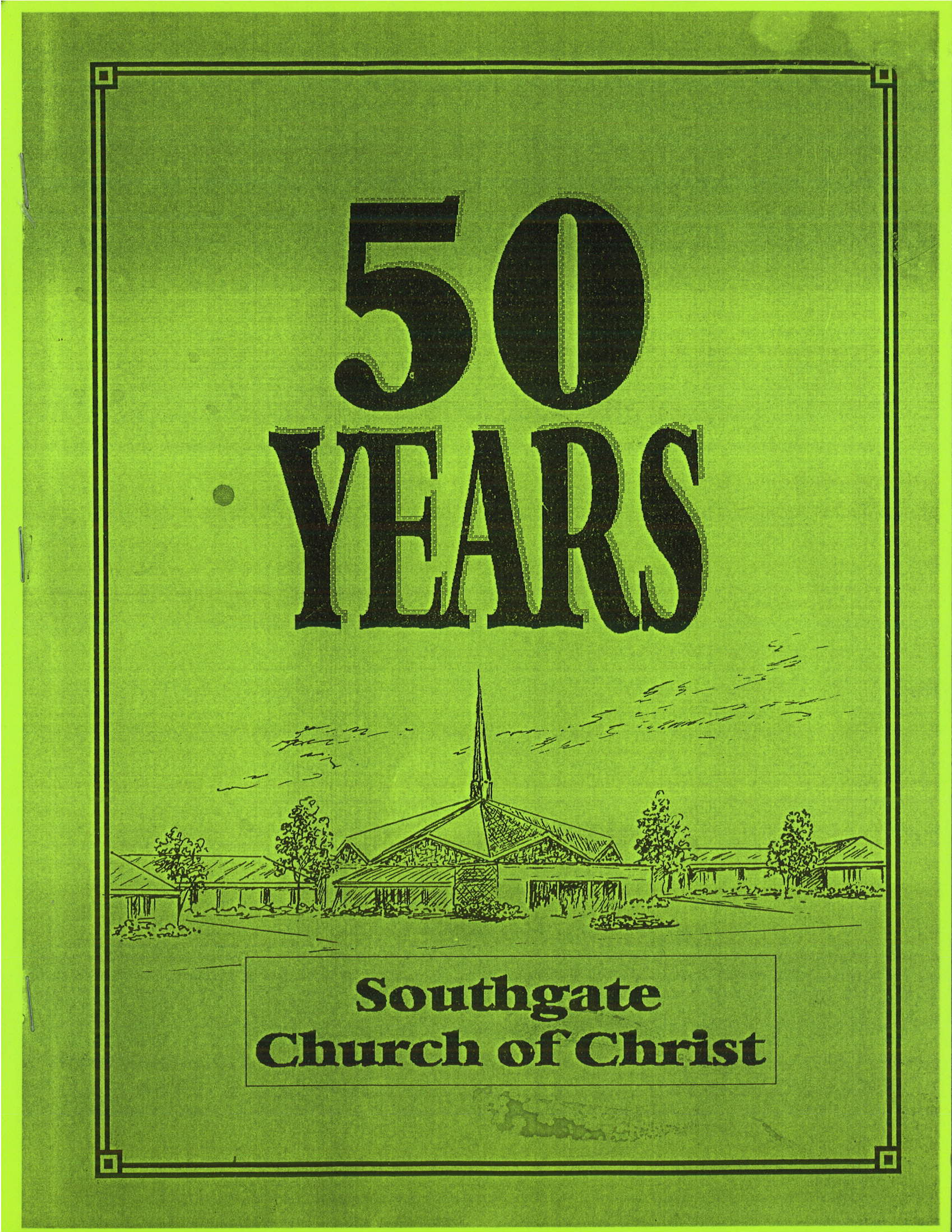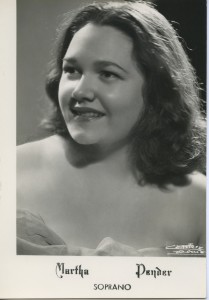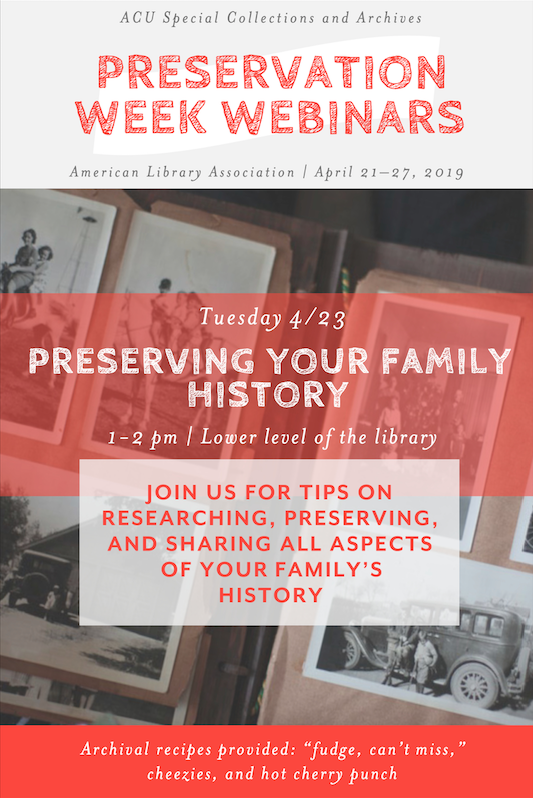
We will participate in Preservation Week 2019 by hosting three preservation-themed webinars in the Special Collections and Archives reading room on the lower level of the ACU Brown Library from 1-2 pm on April 23, 25, and 26.
The one-hour webinars will focus on very practical strategies anyone can employ to preserve their family history. At each webinar we will feature three different recipes from the archives, primarily drawing on the 1974 Women of ACC Cookbook. If you’re in Abilene please come join us, and if you can’t make it in person we’ll share links so you can watch the webinars online. We will also share the recipes and some additional historical context about their authors. Below are the first three recipes we’re trying out– stay tuned for more!
Below are the recipes we’ll feature on Tuesday, April 23. Join us from 1-2 pm to learn about preserving your family history.
Fudge, Can't Miss
From the kitchen of Marie Wilmeth and Mrs. J. P. (Maxie) Sewell
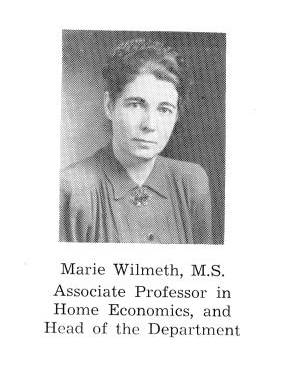
Abilene Christian College. Prickly Pear, Yearbook of Abilene Christian College, 1948, yearbook, 1948, University of North Texas Libraries, The Portal to Texas History, https://texashistory.unt.edu; crediting Abilene Christian University Library.
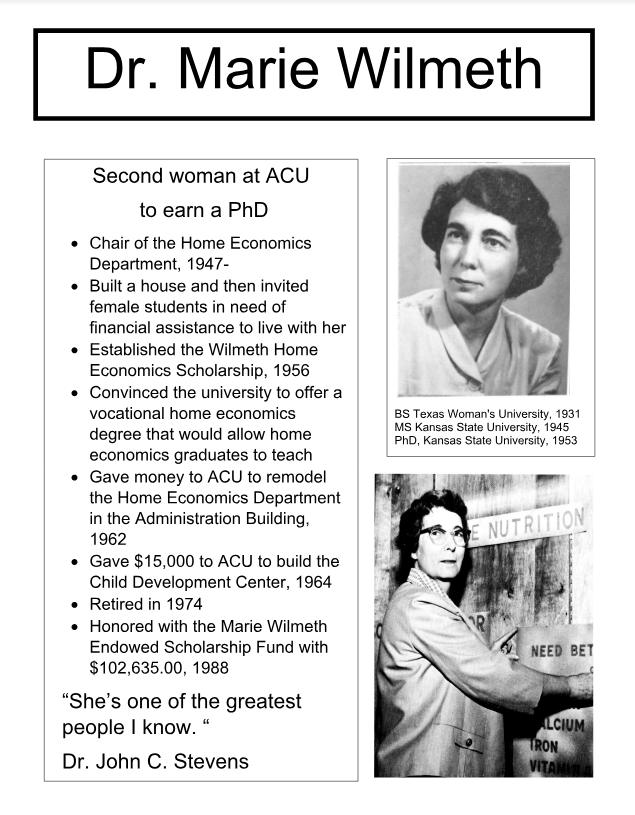
Thank you to Librarian Shan Martinez for sharing her research on Dr. Wilmeth.
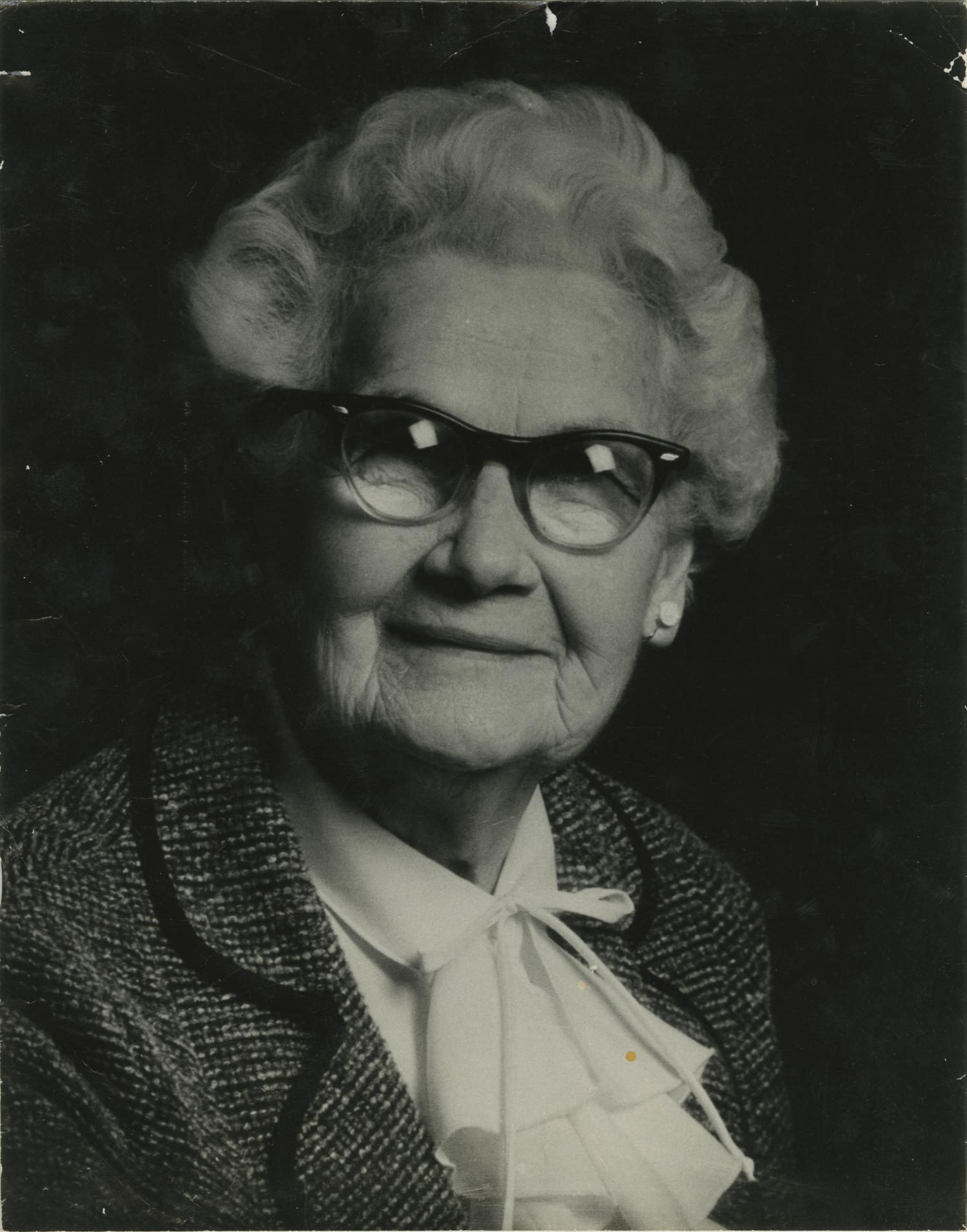
[Portrait of Mrs. Jesse P. Sewell], photograph, 198u, University of North Texas Libraries, The Portal to Texas History, https://texashistory.unt.edu; crediting Abilene Christian University Library.
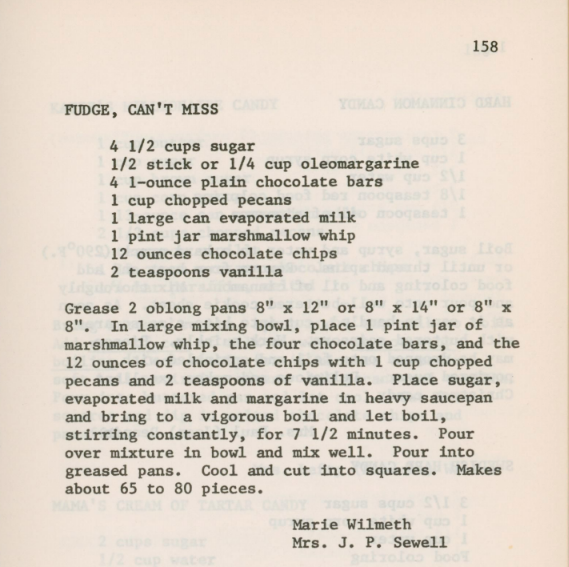
Page 158, Women of ACC. 1974. Women of ACC cookbook: recipes from members, ex-students and friends, and ACC specialities. Abilene Tex: Abilene Christian College.
Cheezies From the kitchen of Mrs. Ernest (Opal) Walls
Opal Kathleen Sloan Walls contributed this recipe shortly after she and her husband, Ernest Walls, moved to Abilene in retirement to be near family and friends.
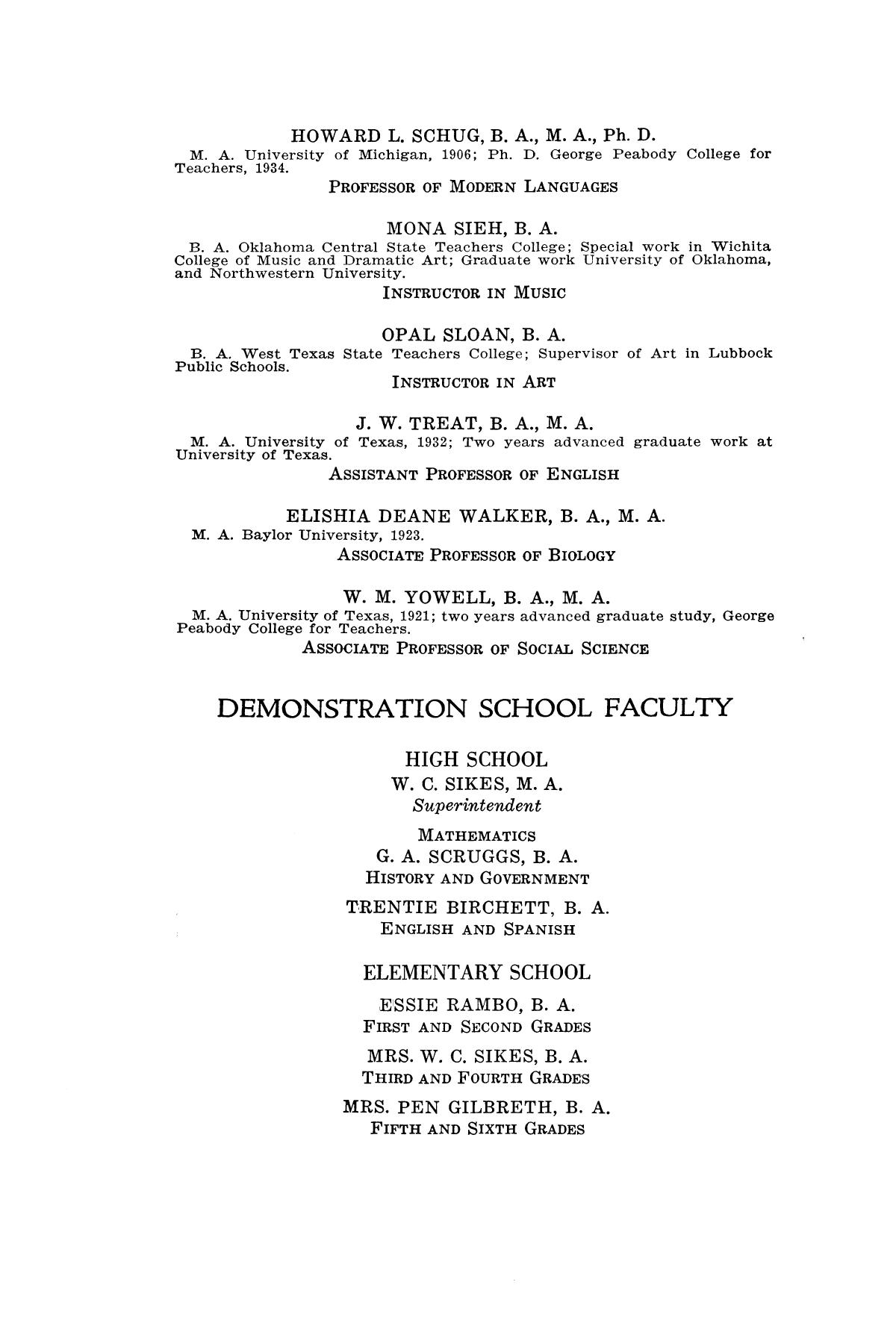
Abilene Christian College. Catalog of Abilene Christian College, 1938, book, February 1938; Abilene, Texas, University of North Texas Libraries, The Portal to Texas History, https://texashistory.unt.edu; crediting Abilene Christian University Library.
Opal (Sloan) Walls taught children’s literature and art methods at Abilene Christian College for several summers during the 1930s.
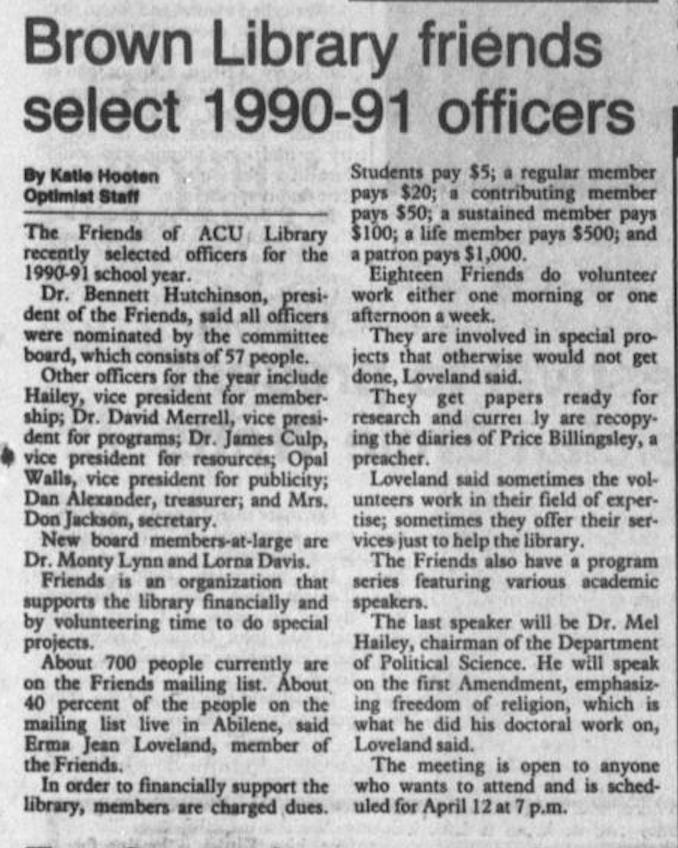
The Optimist (Abilene, Tex.), Vol. 78, No. 48, Ed. 1, Friday, March 30, 1990, newspaper, March 30, 1990; Abilene, Texas, University of North Texas Libraries, The Portal to Texas History, https://texashistory.unt.edu; crediting Abilene Christian University Library.
Mrs. Walls was active in the Abilene community, including serving as the vice president for publicity for the Friends of the ACU Library board for the 1990-1991 school year.
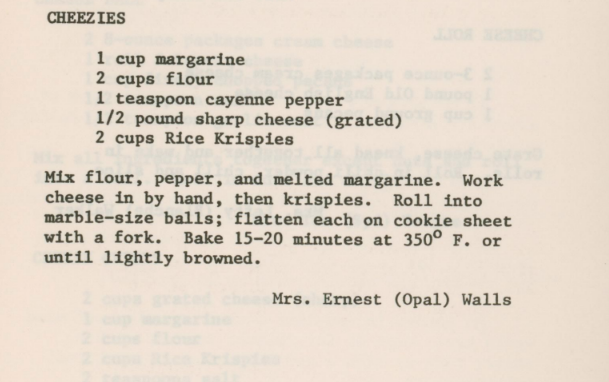
Page 7, Women of ACC. 1974. Women of ACC cookbook: recipes from members, ex-students and friends, and ACC specialities. Abilene Tex: Abilene Christian College.
Hot Cherry Punch From the kitchen of Mrs. Lefty (Blanche) Walker
Blanche Walker was a member of Ko Jo Kai during her time at Abilene Christian College. She married Lefty Walker, pictured below.
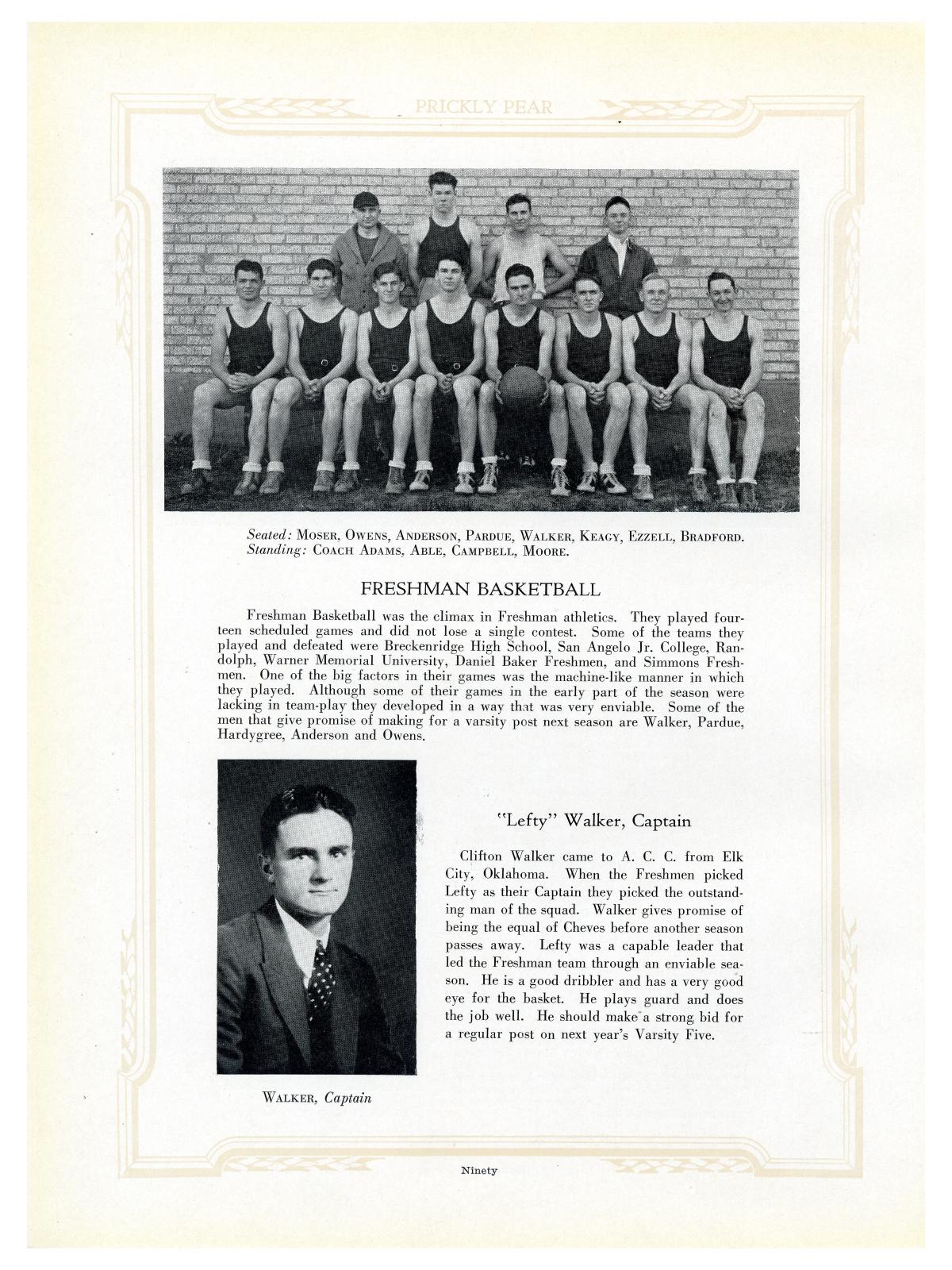
Abilene Christian College. Prickly Pear, Yearbook of Abilene Christian College, 1932, yearbook, 1932; Abilene, Texas, University of North Texas Libraries, The Portal to Texas History, https://texashistory.unt.edu; crediting Abilene Christian University Library.
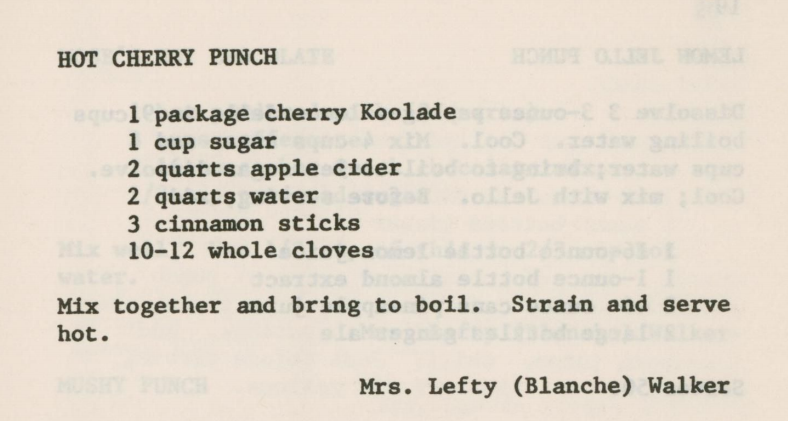
Page 18, Women of ACC. 1974. Women of ACC cookbook: recipes from members, ex-students and friends, and ACC specialities. Abilene Tex: Abilene Christian College.
Check back soon for more recipes and history!
